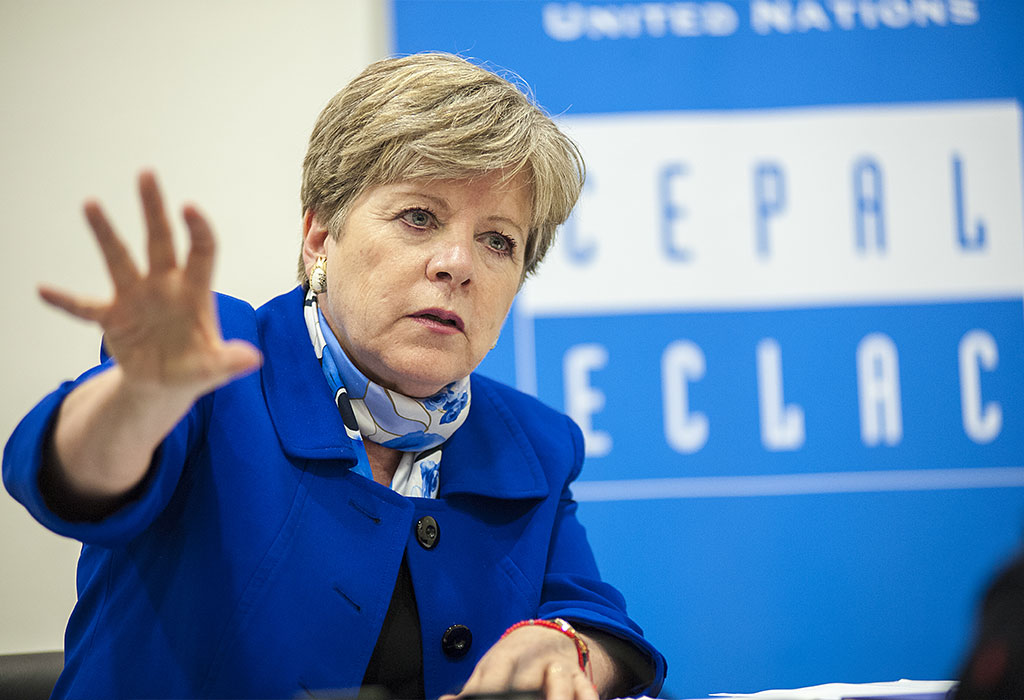By Alicia Bárcena, Executive Secretary, Economic Commission for Latin America and the Caribbean, UN-ECLAC

© Cesar Pasaca
With a decade left to fulfill the 2030 Agenda, harnessing the great potential of digital technologies is key to opening new pathways for development and to deliver digital solutions for more inclusive and sustainable societies.
The current global crisis of the COVID-19 pandemic has highlighted the link between digitalization and development, with the existence of significant digital divides that exacerbate preexisting socio-economic inequalities and conditioning the exercise of fundamental rights such as work and education.
The COVID-19 pandemic is generating an unprecedented crisis that threatens progress towards achieving the SDGs. The Latin American and Caribbean region will suffer the biggest contraction in economic activity in its history, up to 8% in 2020. Regional exports would fall around 15% this year.
All this would generate almost 12 million more unemployed, on a labor force with 53% informality. This will lead to an increase of 30 million people living in poverty in the already most unequal region in the world.
We are in a different world, which requires a new development model and new solutions from digitization. In the face of a health emergency, different applications aim at disseminating information and monitoring the spread of the virus in near real time. The most developed countries are making use of solutions that combine more sophisticated technologies such as 5G, data analytics, artificial intelligence, drones and robots. Faced with the need for social distancing, while maintaining a certain level of economic activity, remote working, distance education, telehealth and online services in a variety of areas, including carrying out procedures with the government, banking and e-commerce, have acquired a key role in our daily life.
However, in the LAC region, a large part of the population cannot take advantage of these solutions: less than 10% of the population has access to the Internet in rural areas of the least developed countries; 90% of the richest households have connectivity vs. 10% of the poorest ones; less than 20% of the students belong to a household with an Internet connection in the countries with lower levels of connectivity, affecting to a greater extent the primary students of the poorest quintiles.
This can become a social mobility trap to the extent that the new normality is based on this type of solution, which is highly possible, given the difficulty of returning to classrooms with high density of students in the medium and short term. In addition, the opportunities for remote working are limited by the characteristics of the job they do and by connectivity. Only between 4% to 18% of the population could access this benefit.
UN-ECLAC supports the political dialogue process of the Regional Digital Agenda (eLAC) to address the emerging challenges of the digital revolution taking into considerations regional reality and needs and articulate them with international guidelines. Now is time to accelerate the digital transformation through a reinforced cooperation through existing mechanisms, such as UNGIS, that ensure that technological progress is even across all regions and leaves no one behind.




